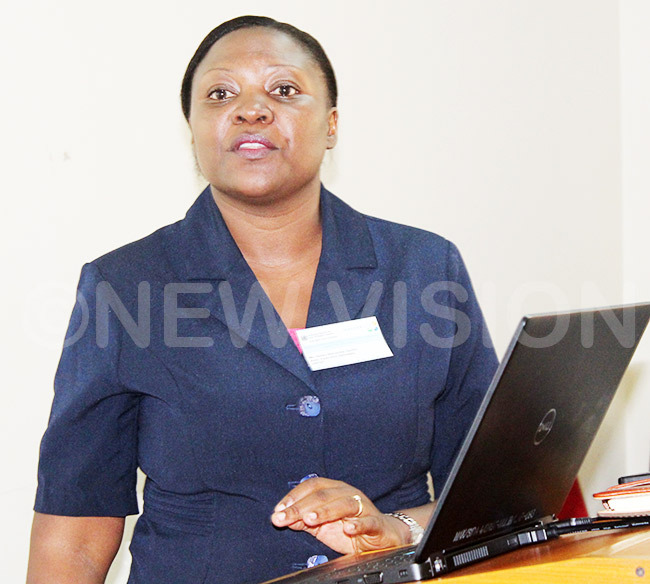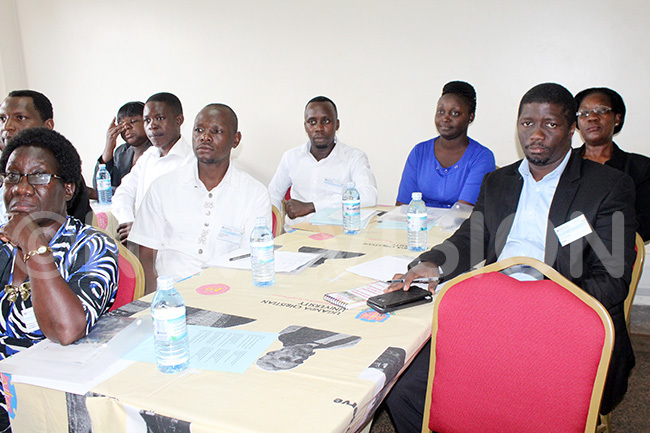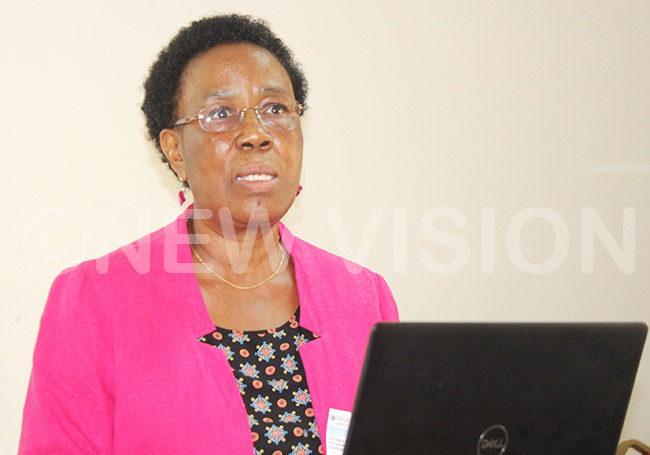Technology bank to steer Uganda's economic development
Research plays a vital role in the development of any economy as it guides policy makers to direct resources to key areas that would impact peoples’ lives.
Uganda has been selected from the 47 least developed countries globally to benefit from free digital research under the United Nations Technology bank.
Research plays a vital role in the development of any economy as it guides policy makers to direct resources to key areas that would impact peoples' lives.
Under the programme, librarians, research specialists, universities and government departments among others, will enjoy free online access to the world's high quality published scientific and technical information.
Meanwhile, Hellen Naluyima Opolot the assistant executive secretary at the Uganda National Council for Science and Technology (UNCST) says, most of the important research that is carried out in Uganda remains on the shelves. It is barely put into practice to impact the economy.
 Hellen Naluyima Opolot from UNCST addressing the researchers at UCU in Mukono
Hellen Naluyima Opolot from UNCST addressing the researchers at UCU in Mukono
On the other hand, Professor Maria G.N Musoke the deputy Vice Chancellor academic affairs at Kyambogo University says that there is a wide range of areas where research has to be carried out but the researchers are hindered by a number of factors.
Outstanding of them is lack of access to published material from other researchers outside Uganda.
"It is very expensive to gain access to research outside Uganda. Many students and researchers cannot afford it," she notes.
Therefore, the Digital Access to Research (DAR) programme comes in handy to avail researchers with free access to published research from all over the world. This access is paid for in other countries.
Through the national institutions, mainly research institutes and universities, DAR will map the existing knowledge activities in Uganda, identifying what works (successes) and what doesn't (barriers to access).
While launching the programme at Uganda Christian University (UCU) in Mukono recently, Blessing Mawire, the country coordinator for the Technology Bank project said, this will help steer research and development in Uganda in the fields of agriculture, innovations, health, education, law and environment among others.
"It will help the country to achieve the 17 sustainable development goals (SDGs) and Africa's AGENDA 2063," she stated.
Mawire said, Least Developed Countries (LDCs) suffer from a considerable deficit in access to published research.
"Limited access contributes to a country's poor performance in science, technology and innovation (STI)," she emphasizes adding that, "To achieve its overall objective of strengthening national capabilities and expertise in STI, the Technology Bank comes in to stimulate the production of high-quality research, including local and international research collaborations."
However, Onan Mulumba, the Co-Country Focal Point for the programme says, DAR activities will build on the substantial existing national scientific and technical information access and expertise.
 Some of the researchers that were trained
Some of the researchers that were trained
This will enhance national capabilities, and promote eventual South-South mentoring as well.
Mawire adds that DAR activity will build on what Research4 Life has already accomplished, and produce results for the LDCs, which have been out of reach to date.
Research4 Life is a public private partnership, active in more than 100 low- and middle-income countries, including all the LDCs, since 2002. It provides the target countries with access to critical scientific research in fulfilment of UN's millennium development goals.
Research4 Life empowers universities, colleges, hospitals, research institutes and government ministries with access to scientific knowledge. This includes access to over 79,000 peer reviewed international scientific journals, books and databases by the world's leading publishers.
 Prof. Maria G N Musoke during the launch of DAR at UCU
Prof. Maria G N Musoke during the launch of DAR at UCU
In the meantime, during the six-day workshop, at UCU and Mbarara University of Science and Technology, over 50 librarians and researchers were trained in the use of different Research4 Life programs such as Hinari, GORA, OARE and ARDI among others.
Some of the trainees will act as support centres within their own institutions and eventually as country-wide support experts.
Still under the programme, users will be provided with all the content they request for aside improving services of free digital access.